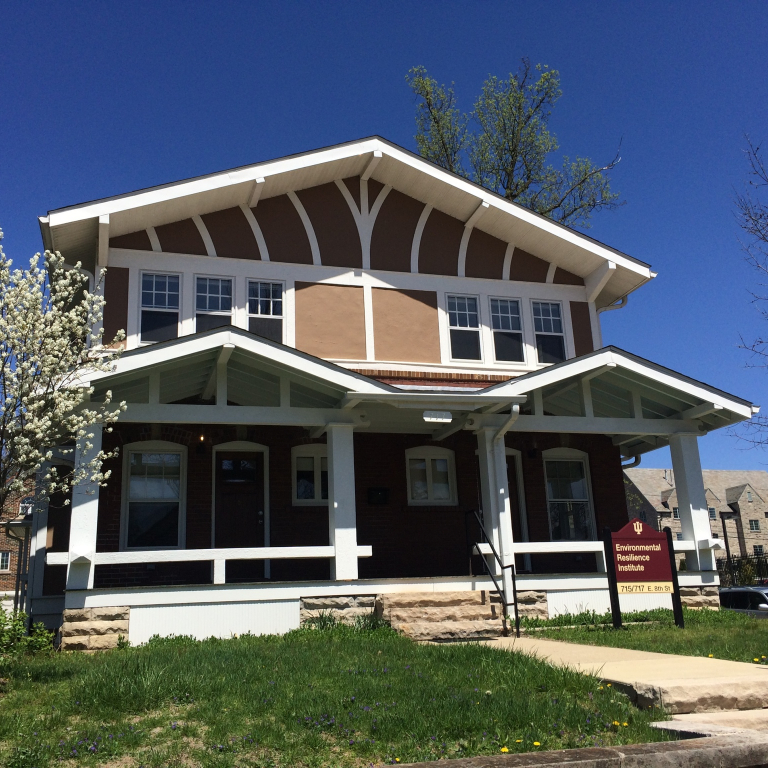Life in a single-family home in suburban America, one with a quiet and spacious backyard, surrounded by natural habitats, lush green vegetation, where beautiful birds, squirrels and other small mammals come and go, is the American dream. Now, however, this once-cherished dream is being threatened by invading tick and mosquito species that are carrying emerging pathogens.
Public health officials use emerging vector-borne diseases (VBDs) in this context to refer to diseases or pathogenic agents transmitted by mosquitoes and ticks that have recently entered human populations for the first time. In some cases these diseases have historically been present in humans but have increased in frequency, geographic range or both.
Exposure to ticks and mosquitoes is the single greatest risk factor for emerging vector borne diseases, and the introduction of these vectors to new geographic areas has been a key contributing factor in the emergence of these diseases. Mounting evidence now suggests that climate change is facilitating the geographic expansion of mosquito and tick vectors of public health importance.



